The first collective realization in our first rehearsal was they all had been old guys in all sorts of plays, but never old guys in an old guy play. This realization brought to the surface the fact that, in America at any rate, narratives about the elderly where their concerns are center stage are rare. Perhaps they thought they had found age-appropriate roles to display their artistry. Perhaps they found a way to face old men’s fears of being forgotten. In rehearsing We Take Care of Our Own, the fiction and the reality faded into one. The characters and the actors shared the same existential anxieties, the frailness, the fragility, the uncertainly, the finality of growing old. On the other hand, old age acquires a wisdom that is wrought from having lived long enough to see how things have played out, and a watchful humbleness when you look around and see who’s left. From the first read through they knew the play completely and embraced the poetic, ethereal, comic, and tragic world of this play about three old men facing the inevitable abyss. Among them there was a comradery particular to old men sharing their ailments, their aches and pains, and confessing the mechanical replacements of their body parts, always with humor and true sincerity. They worked leisurely as if preparing to go the distance. Nothing was fraught or overstated. They acted with the confidence won from more than sixty years of stage time between them. A great cast and a great script, our staged reading was well received and confirmed what we had expected, that We Take Care of Our Own was a very effective, evocative, and moving piece of theatre.
The first Afro-Atlantic Playwright Festival was something of a success and as a result the Cultural Diaspora Playwright Project was invited to bring the three plays to New York University’s Tisch School of Drama to be performed by students and directed by alumni. The other two plays were Deux Femmes on the Edge de la Revolution Part 2, the second installment in France-Luce Benson’s epic historical trilogy of the Haitian Revolution, and Canoes by veteran Nigerian playwright Femi Osofisan, a study of three young Black women coming of age in Kwame Nkrumah’s newly independent Ghana who would become literary giants Efua Sutherland, Maryse Conde’, and Maya Angelou. The three young acting students who portrayed their elderly characters in We Take Care Of Our Own rendered the play well enough. Their director wisely discouraged them from acting old and to just do the scenes and reveal the play. They were fine young actors and they did a fine job, but just like the songs says, “Ain’t nothing like the real thing baby, ain’t nothing like the real thing.”
Somewhere in the next year, 2020, Adolphus Ward who played Youssouf passed on to the ancestors. On hearing that sad news, one could not help but note that his character, Youssouf, also passes away in the play.
Perhaps the work and doing what one loves is enough.
In the interim I had received a Mellon Foundation National Playwright Residency Program fellowship with Illusion Theater in Minneapolis. In my statement of artistic intent, one of the things I proposed was to produce and direct We Take Care of Our Own. Producing directors Michael Robins and Bonnie Morris liked the idea. They liked the play. They wanted to have a public reading, but COVID was raging, so we did it online. Richard Ooms returned to us with his deep, resonant, baritone voice. Glenn Kubota who played Moon-So would come to us from California having played across mediums on stage and in film and television. And veteran actor Arthur French, an original founding member of the Negro Ensemble Company, played Youssouf. At eighty-nine years old, he was the same age as his character. I hadn’t prepared or really thought about how we would support an elder actor, much less an octogenarian, even though I was approaching that threshold myself, but Arthur had troubles with technology. Not only did he have troubles with technology, he had a fear of it that put him at an unhappy disadvantage and filled him with anxiety. He was home alone on his son’s computer. He lived with his son, but his son was at work when we worked and with the rest of us in California and Minneapolis, just talking heads on a computer screen, there was no direct way for us to help him. A consummate professional, Arthur became angry with himself, angry that he felt himself not prepared to do his job as an actor. The worst of it was when he couldn’t get his microphone to work. We somehow muddled through it. Arthur’s son, the playwright Arthur French III, took off from work to help his father with the technology and to put him at ease. In the end Arthur took on the character of Youssouf, the astrophysicist awash in technology, and rendered him with authenticity and depth. He lifted the character Youssouf off of the page and breathed him onto life in a play where his life is fading away. Four months later, on 24 July 2021, Arthur French himself, after suffering a stroke, in the uncontestable destiny of old men, faded away into the arms of heaven.
As we prepare for its premiere later this year in the fall of 2023 at Illusion Theater in Minneapolis, we are mindful and thoughtful of how to support our elderly actors: ear prompters, more rehearsal time, people to help them run their lines…understudies? Perhaps the work and doing what one loves is enough. To carry on to the very end a life of purpose. To use our art form to attempt to make sense of the incomprehensible.
I don’t quite know what to make of the journey of We Take Care of Our Own thus far, or how its author Zainabu Jallo at thirty-two years of age could possibly know such things, other than her own poetic and empathic imagination. “I have a specialty of love for the elderly,” she says, “old men especially,” as she demonstrates so clearly in her beautiful new play.

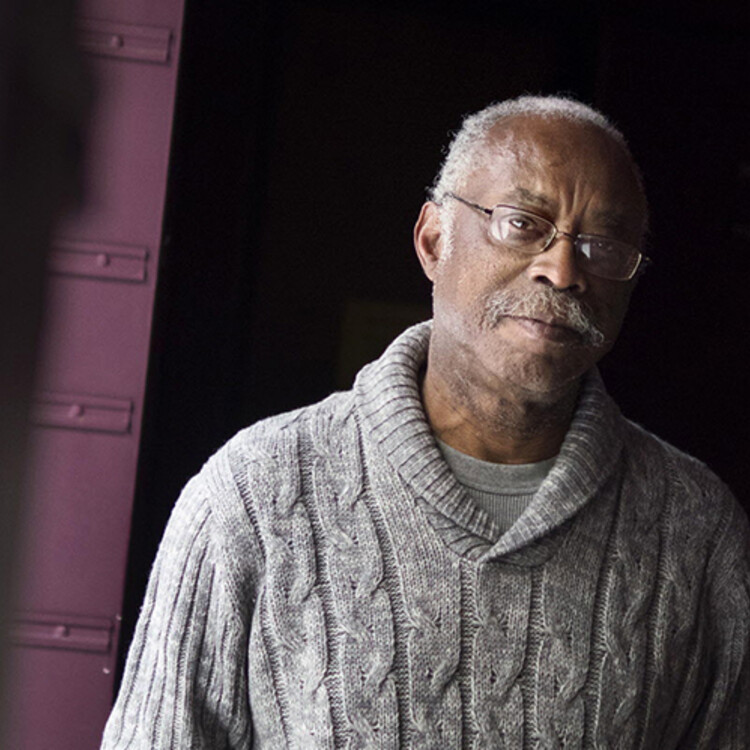
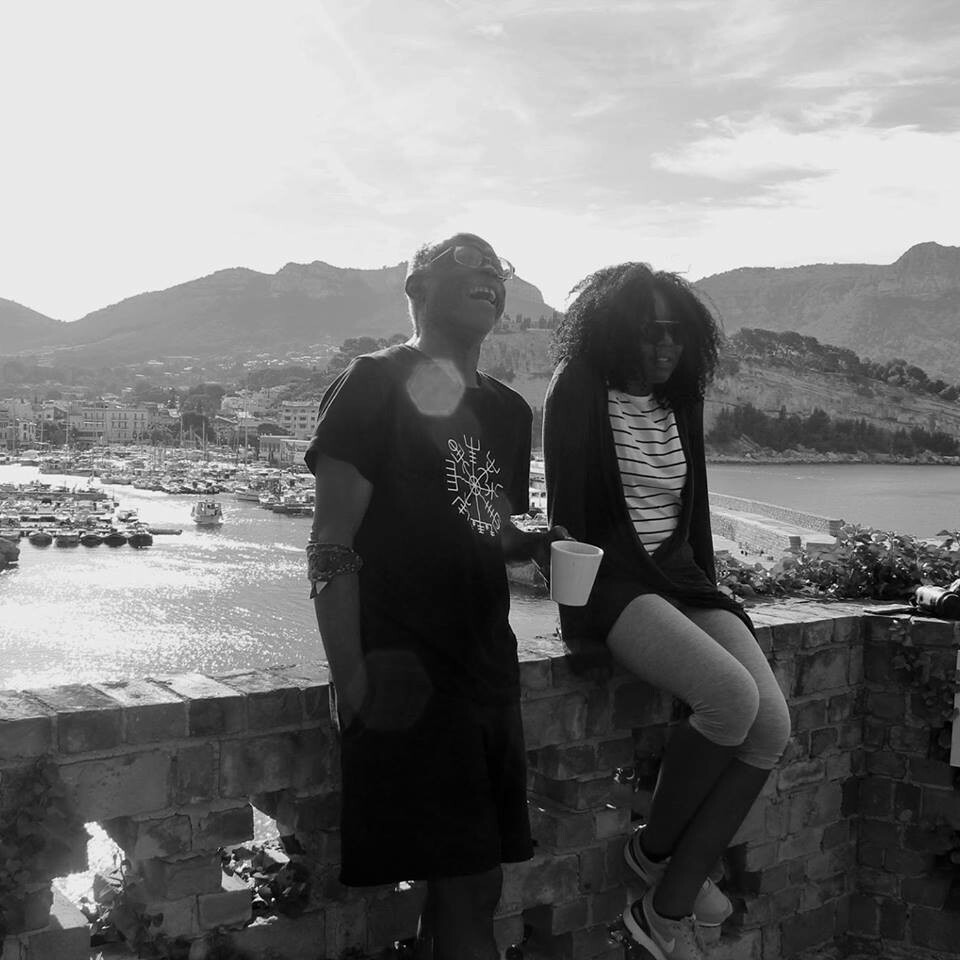
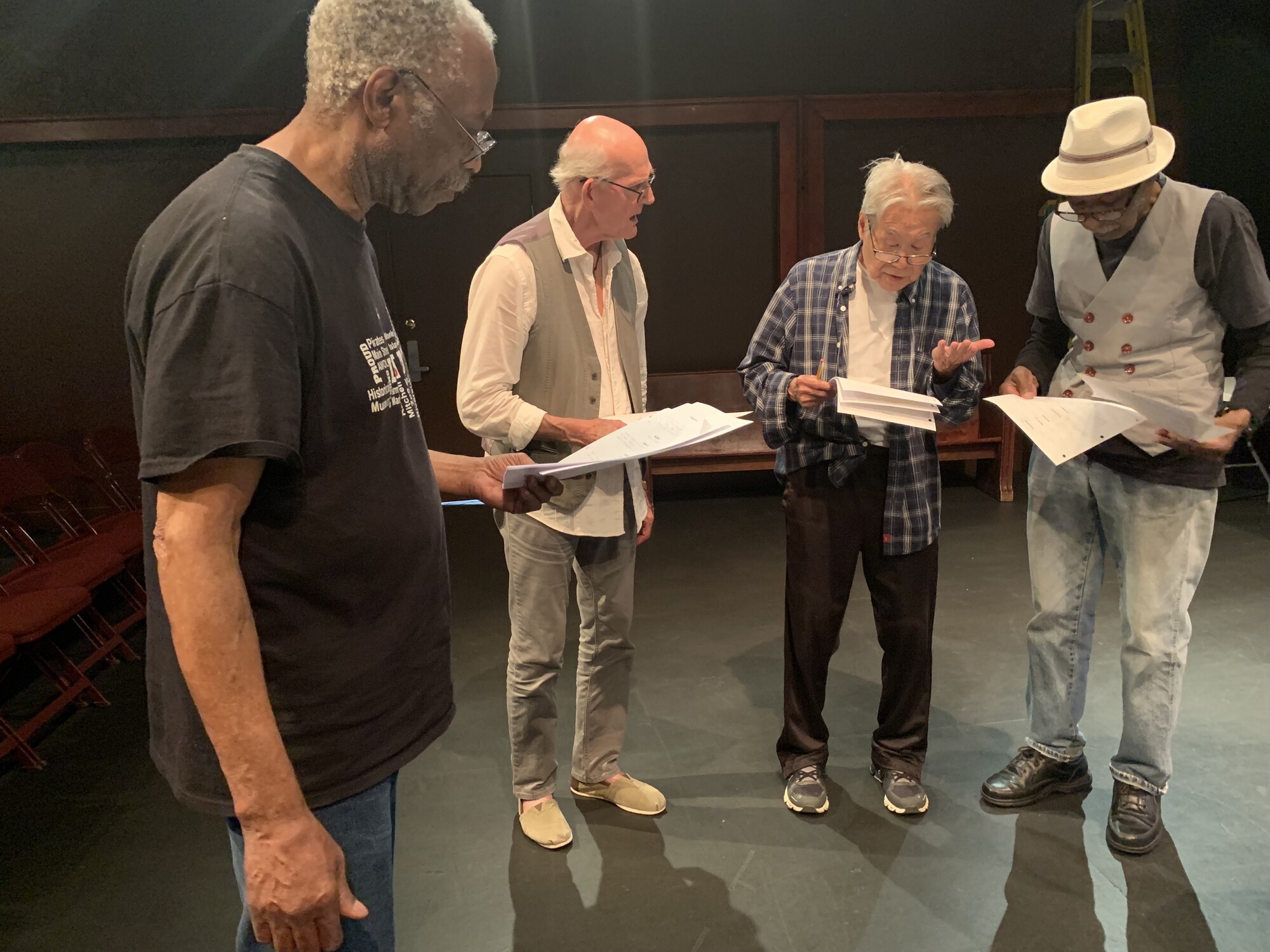
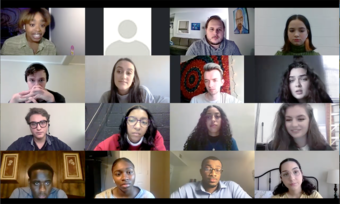


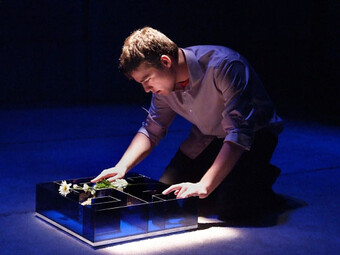

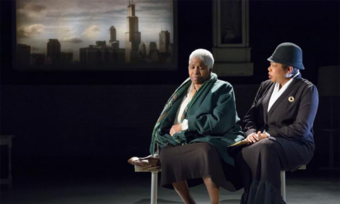


Comments
The article is just the start of the conversation—we want to know what you think about this subject, too! HowlRound is a space for knowledge-sharing, and we welcome spirited, thoughtful, and on-topic dialogue. Find our full comments policy here